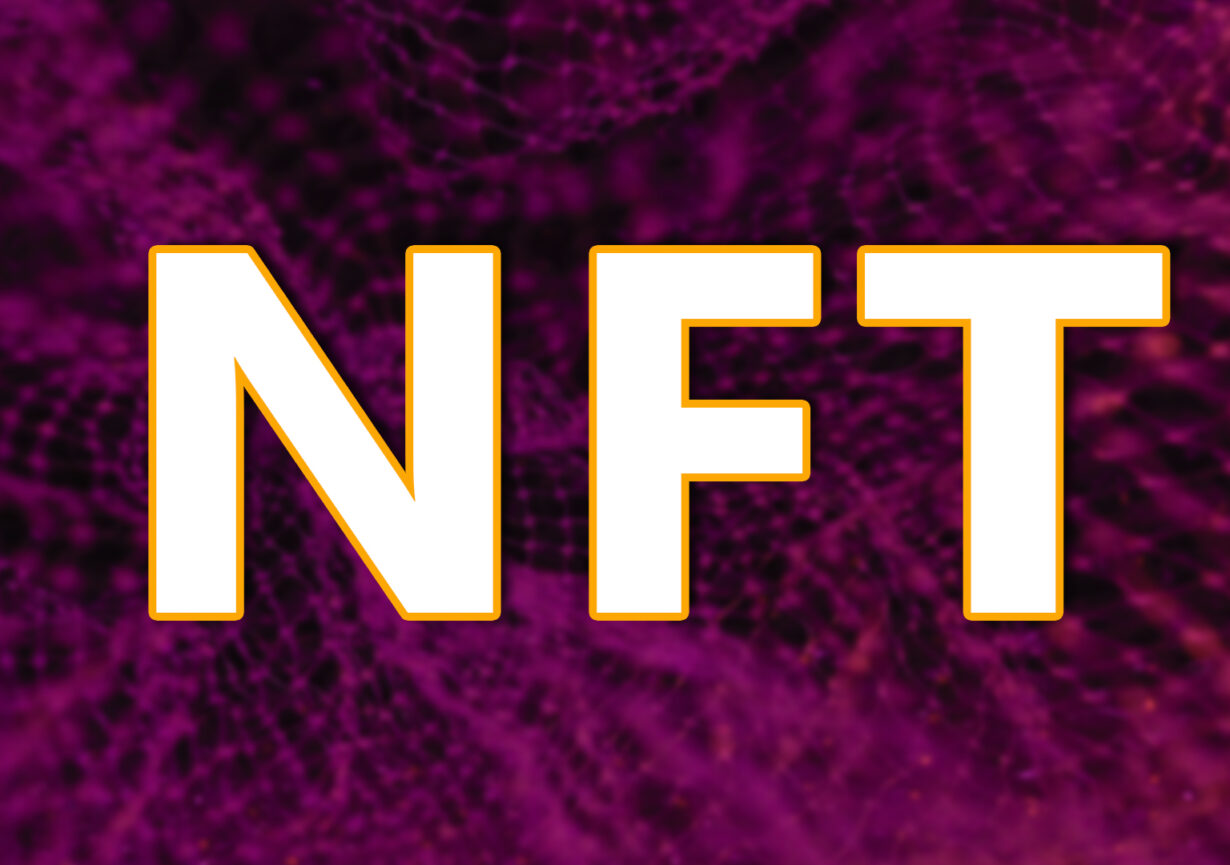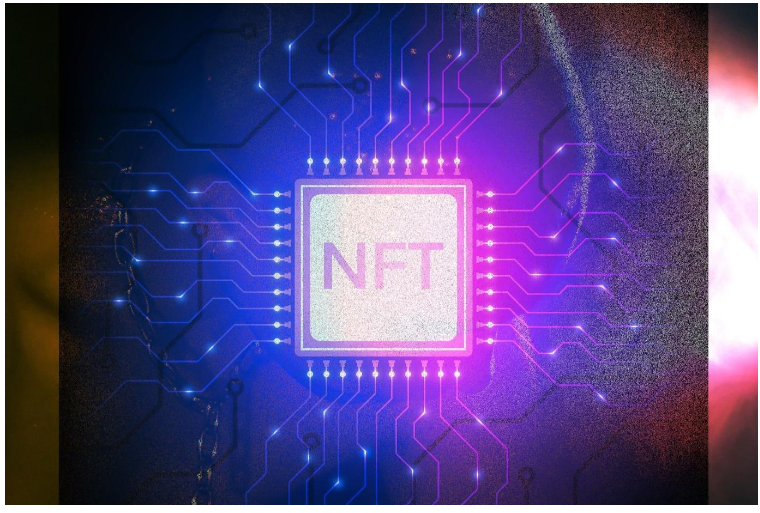- NFTs are trying to change people’s perception regarding their utility
- Jordan Fried provides insight into NFT’s Future
Since introducing non-fungible tokens, they have been the center of all topics inside the crypto ecosystem. Due to their potential to be a valuable commodity, NFTs have continued attracting investors. To give more clarity into their situation, recent roundtable talks were held on the subject of the present and Future of NFTs. At that event, Rob Nelson, the Roundtable anchor, asked a fitting question to the CEO of NFT.com, Jordan Fried. “Where is the NFT space right now, and where are we looking in the next six to 10 months”?
Jordan Fried’s Views on NFT Tokens Future
To answer the question, Jordan Fried introduced the concept of a “soul-bound token.” It is a new category of NFT that is bounded by an individual, thus making itself non-transferrable. In no possible human way can you transfer this token, as it would be bounded to your account forever? Therefore, a new version of the non-fungible token is created, both non-transferrable and non-fungible.
With the introduction of this non-transferrable albeit non-fungible token, numerous problems related to NFTs could be solved. Previously, NFTs didn’t use to solve problems faced worldwide due to not having any real value. But that soon needs to be changed as the growth of NFTs was fuelled by entertainment and novelty.
Only being a digital collectible wouldn’t help NFTs attain the target they might have set for themselves. A real utility, like a property ownership title or a block of gold stored in a mint, can allow NFTs to be utilized. If NFTs are not utilized for a valuable purpose, it could take away the interest of many people across this space.
Why are NFT markets going through a loss?
Many new use cases are being introduced into the NFT space to help it regain popularity in the early days. But that growth is said to be impeded by wash trading practices by several investors across its space. Wash trading is referred to an action taken by a trader in buying and selling an asset repeatedly to manipulate the market’s trading volume.
Traders follow this illegal practice due to two reasons. One is to create an impression that the demand for an asset is increasing. Secondly, inflate the asset’s value so buyers are pushed to pay a huge amount. Thus, washing results in the seller making huge profits while the buyer just gets an ordinary NFT at an overpriced value.
Because of wash trading, the whole NFT space has been impacted heavily as many investors are driven out of its market. Instead, people are trading quite cautiously and only putting in those NFTs that can give them good returns.
Conclusion
The NFT that people knew as only digital collectibles needed to be changed, or it would be hard to recover its actual valuation. People must be reminded that NFTs can have utilities by being useful in several industrial sectors like healthcare or real estate.





Leave a Reply